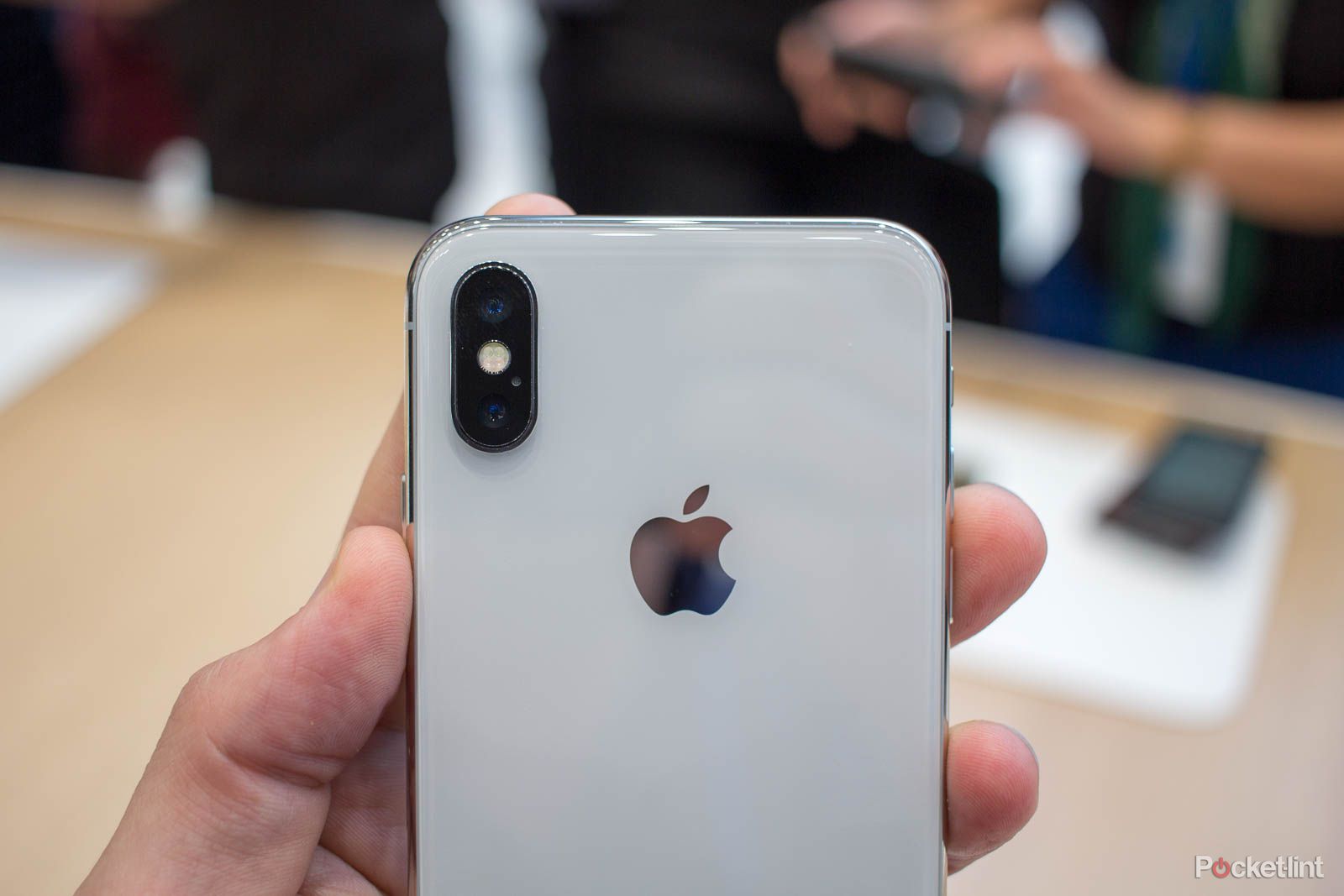Here's a little bit of Silicon Valley drama for you.
Apple will not use Qualcomm's LTE chips in its next-generation iPhone, according to CNBC, which quoted Qualcomm CFO George Davis during the company's recent second quarter earnings call. He told investors Apple will use a competitor's chips in the 2018 iPhones.
"We believe Apple intends to solely use our competitors' modems rather than our modems in its next iPhone release," said Davis, likely talking about Intel. "We will continue to provide modems for Apple legacy devices." For context, there have been several conflicting reports in recent months regarding Apple's LTE chip plans. You see, Apple is in the midst of a bitter legal battle with Qualcomm.
- iPhone XI and iPhone X Plus specs, news and rumours
- Apple iPhone X review: The future of Apple smartphones
- Apple iPhone 8 Plus review: Strong and steady
Apple has used Qualcomm chips in its iPhones for years. But it won't use Qualcomm chips in its latest round of iPhones since in it sued Qualcomm for $1 billion in January 2017, accusing Qualcomm of charging unfair royalties and not paying quarterly rebates. Apple and its suppliers also haulted paying licensing fees. Qualcomm, of course, filed a countersuit, claiming Apple had infringed many of its patents.
There have since been multiple lawsuits filed between the two and even attempts to get bans enacted. Then, in February, well-known Apple analyst Ming-Chi Kuo revealed Intel would be the new supplier of LTE modems for all 2018 iPhones, though Fast Company said in April that Intel would supply Apple with 70 per cent of the LTE chips for the 2018 iPhones, with Qualcomm supplying 30 per cent.
Now, however, Qualcomm has confirmed that Apple is using no Qualcomm chips. So, what affect will this have on iPhone users? Well, Qualcomm recently shared Ookla speed-test analysis that found "double-digit gains in latency and triple-digit gains in download and upload speeds" for Snapdragon 845 Android smartphones versus Intel-based non-Android smartphones (aka the iPhone).

